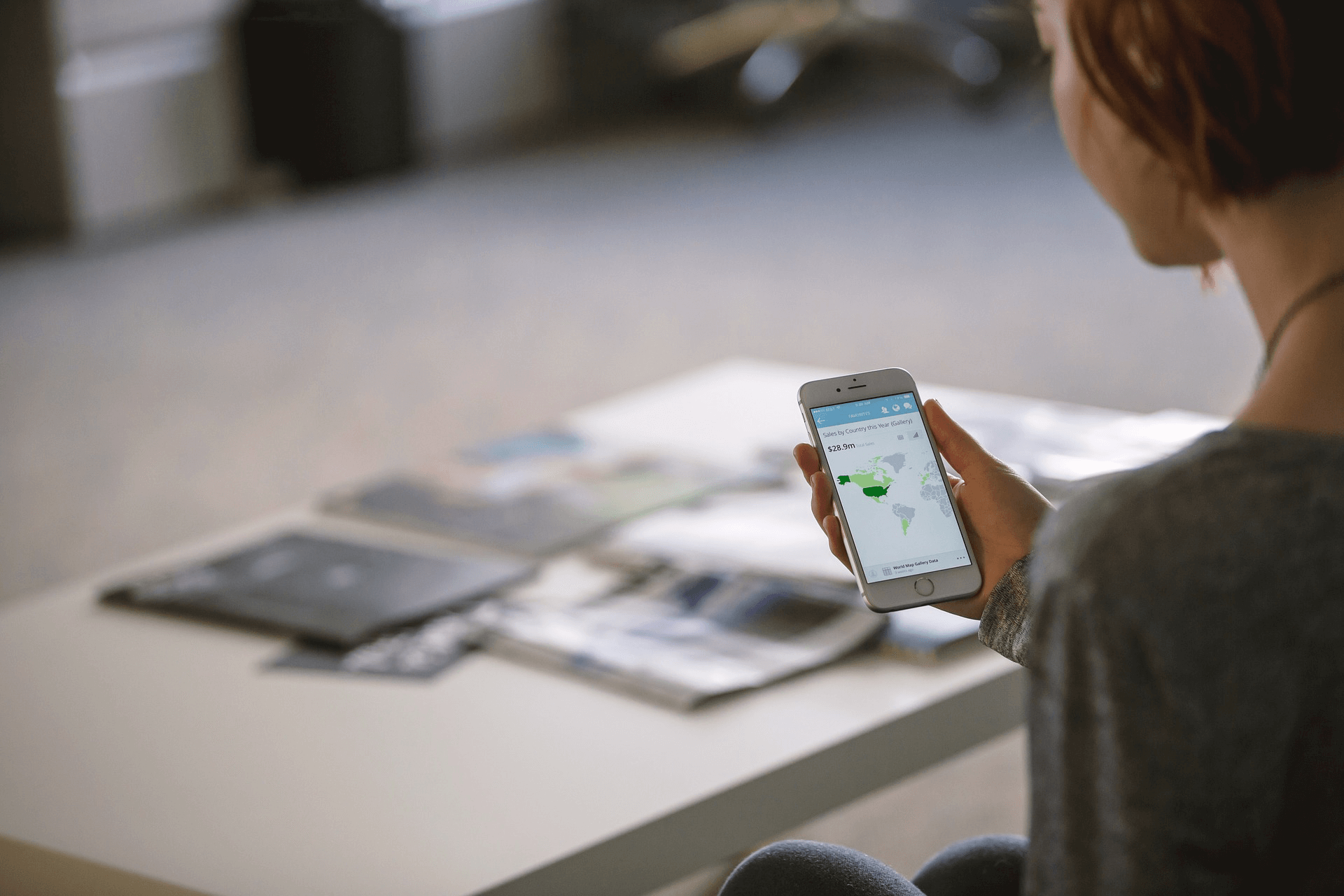Using your smartphone to access the Internet, and send emails, visit sites or log into social media accounts is a common thing these days, but what about privacy? Can someone trace your cell phone IP address? And if yes, what can you do to protect yourself and hide your real IP? Or at least is there any way to prevent that data from letting others identify the person behind or maybe locating where he or she lives?
Mobile phones and IP tracking
Technically speaking, when you access the Internet using your cell phone, you get an assigned IP address that can be unique or randomly changed by the service provider depending on the nature of the user’s connection.
So, when you use a static IP address, like many other cases at home, you leave a trace about the IP in your emails or whatever you do online. In this case, yes, your cell phone IP can be traced and even located exactly or approximately on the map if someone has advanced technologies and network algorithms.
On the other hand, it’s very hard or even impossible for someone to know your real IP address when using WiFi networks. That’s because every time you connect using a WiFi, your smartphone uses a different IP that other users have used before. So, which device has used that IP in reality? Do you see?
It’s not easy and even hard to achieve that level of conclusion even after an investigation. However, if you use Bluetooth, then that will increase the risk of intercepting your data. And in that case, the IP could be also intercepted and identified.
Now, if you think that you send a message on Facebook, for example, using your home connection, then you share your real IP address that can be located and traced. That’s valid only, of course, if the ISP is assigning unique IP to your home network and router.
In addition, when using the ISP mobile connection, you get an IP address that changes every time you connect and reconnect. Consequently, it’s not possible to have the same IP address every time you use the Internet. Unlike home internet connection, when you have a static IP for everything as devices.
The modern home-connected devices use different IPs unless you ask for a static one, or you configured your own static IP. Meanwhile, it’s recommended to test your IP on Google, then disconnect and reconnect a few times to see if it changes or not.
If you get the same IP, then it’s fixed, and in that case. A VPN is highly recommended to protect your privacy as anyone can see your location, etc …through that unchanged IP.
How to protect your cell phone IP?
The best IP protection solution that I recommend is using a premium VPN service. And from what I tested, NordVPN is the best one with global locations, including the US. It has also sophisticated server protection, and an encrypted internet connection, which will save time and bandwidth by compressing the data and encrypts everything the user needs and receive to his phone or laptop
Unlike the free VPN solutions, that’s well protected and used by professionals just like anyone else who accesses websites and social networks. In fact, free VPN options may look working in the first use. But what they do is slowing down your connection more than protecting it. They use overloaded servers and even with a lower level of protection compared to the paid ones.
The VPN WiFi protection feature encrypts the connection between your cell phone and the website you use or visit. That way, even if someone succeeds in identifying the IP you used, he will only get the VPN server IP and not yours.
It’s like a firewall that forwards requests to their VPN network and not the real one. That’s the ideal way to use the Internet from iPhone or Android devices and stay protected without being identified or traced by sharing data about the IP or location.
